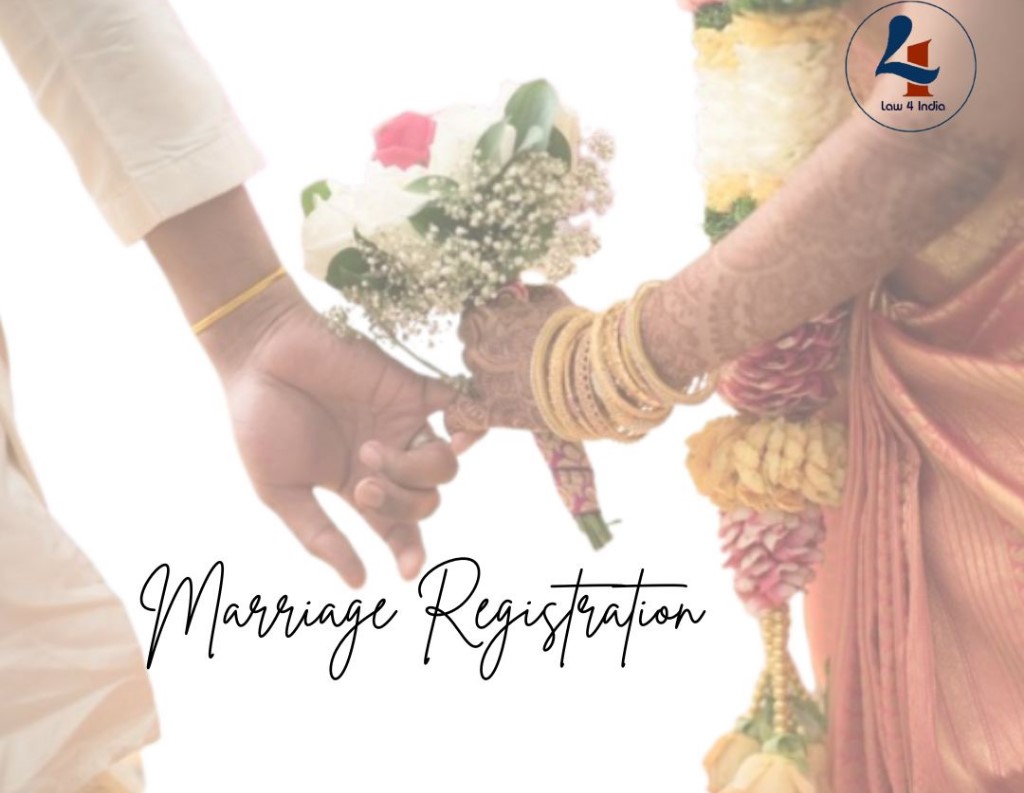-By Aditi Patel
Delhi High Court has strongly criticized government for failing to implement the Supreme Court’s directives on marriage registration. In a recent proceeding Court scathed the Centre and Delhi government for not enforcing a 2006 Supreme Court ‘s order on mandatory marriage registration, granting them three months to comply acquiesce
The court noted that despite its previous orders, the GOI has failed to establish an online system for registering marriages under Muslim Personal Laws. The Court directed the Chief Secretary of the Government of National Capital Territory of Delhi (GNCTD) to personally inspect the implementation of the directive and ensure timely alignment.
Bench highlights the need for the government to take unyielding steps to implement the Supreme Court’s directives on marriage registration. Failure by the government to have an efficient registration system has caused unnecessary entanglements for individuals, especially those of the Muslim population.
In this case, at hand , a muslim couple originally registered their wedding under the Special Marriage Act on account of lack of an online registration systems under Muslim Personal Laws. However, they later sought to cancel the registration, alluding that it was not in accordance with their faith.
The Court directives is in consonance with the the Supreme Court’s order in 2006, which had made registration of marriages mandatory. Delhi Court as emphasized the need for the GNCTD to establish an online registration system for Muslim marriages, which would ease the registration process and halt unneeded hindrances.
Additionaly, lack of action by the government violates the marriiage registeration which was mandated in Seema v. Ashwani Kumar. The failure constitutes a blatant “breach of constitutional trust” (Vineet Narain v. Union of India, 1998 1 SCC 226), undermining the rule of law.
Also, the provoking by the Government’s is in defianceof the maxim “ubi jus, ibi remedium” (where there is a right, there is a remedy),guaranteed under Article 39A of the Constitution. The right to register marriage is fundamental right, and the Government’s failure to provide an effective mechanism for registration is violation of a right
Delhi High Court’s directive is a necessary step to ensure that the Government upholds its constitutional obligations and provides an efficacious mechanism for marriage registration.
The failure to implement mandatory marriage registration has severe repercussions:
- Legal Consequences: Lack of legal proof of marriage, denial of maintenance and inheritance rights.
- Social Consequences: Social stigma, family disputes, and complications in marital status recognition.
- Financial Consequences: Tax implications, banking, and financial transaction hurdles.
- Administrative Consequences: Passport and visa issues due to the absence of official marital status proof.
- Insurance Benefits: Difficulties in availing health and life insurance benefits.
It is important to note that our Indian government has made the marriage registration compulsory in several states, and the process of registration is relatively forthright . Couples are advised to register their marriage to avoid these drawbacks and ensure their rights and benefits are protected.

